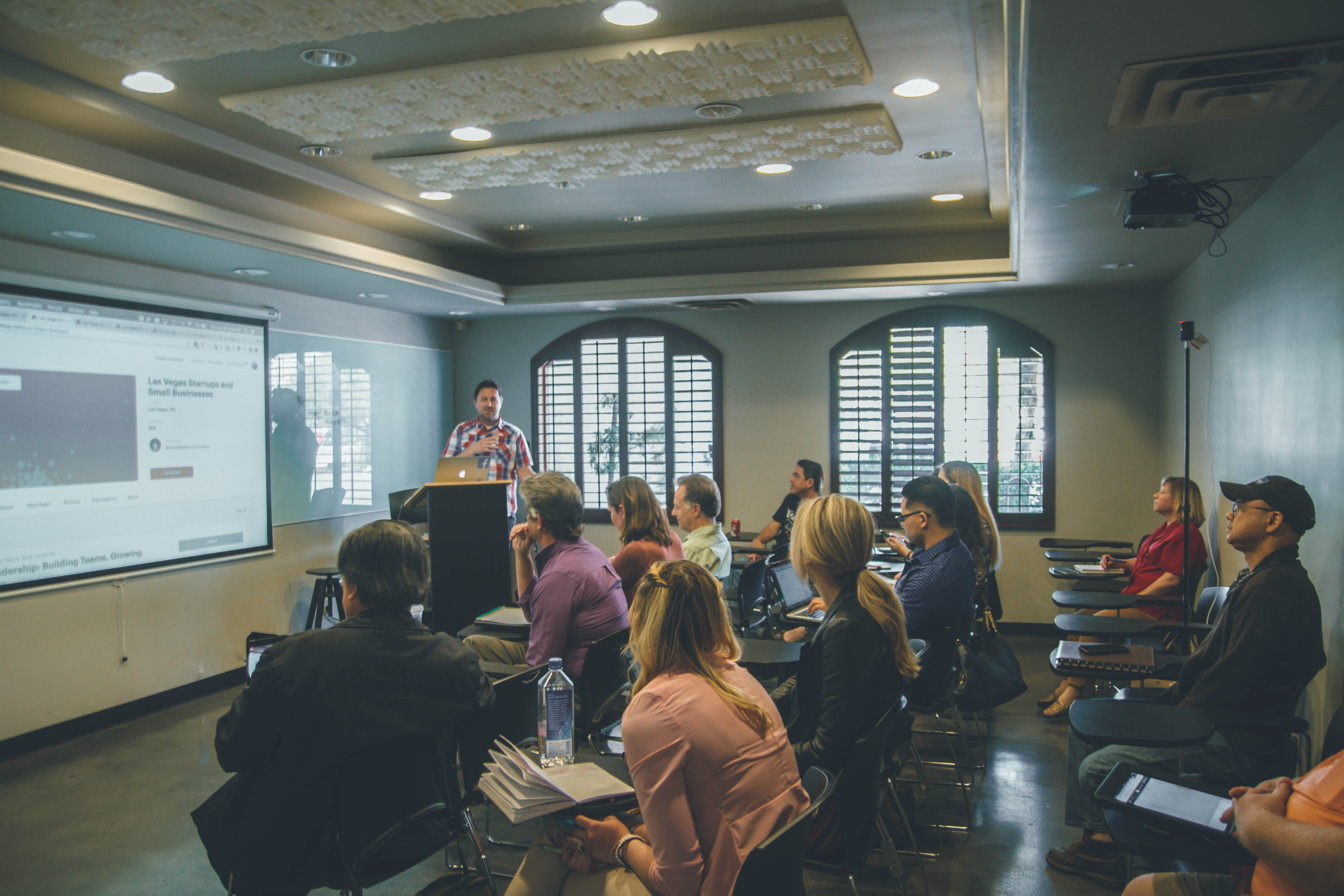Representatives can learn about our services and how to engage with us, You can contact us to talk about how we can help you and your client resolve the dispute with ACC.
Collaboration across the Dispute Resolution Sector
We aim to be as collaborative as possible with lawyers, advocates, ACC, and claimant organisations whilst maintaining our role as independent experts.
We encourage you to get in touch with us to discuss any concerns you may have as we work together towards improving the dispute resolution capacity and capability across the system.
Getting started
Contact and connecting stage
First things first – before we start our resolution processes, we need to get your client and ACC to agree to use our service.
There are a number of ways that you, your clients and ACC can access our service.
You can request to use our service: You can complete the request form to use our service on behalf of your clients. To do this, simply fill in the request form with your client's details.
ACC can suggest using our service: ACC staff can also initiate the process to use our service. We are the a provider of pre-review hearing dispute resolution services. Frontline staff or resolution specialists can suggest you use our service at any time.
Indicate preference for pre-review conciliation: you can lodge a review application and indicate that your client would prefer to use our service in the first instance.
ACC Review Specialists can suggest our service after a review is lodged: ACC review specialists have training in dispute resolution and can suggest using our service.
Regardless of how people access our service, we need agreement from everyone to use our service and this is recorded in the agreement to use Talk – Meet – Resolve. We need to know that your client has agreed for you to act on their behalf. If you are an advocate, we need to make sure we have a written authority to act and this needs to be signed by your client. If you have a practicing certificate as a lawyer, then you can inform us you are acting for the client.
The Talk – Meet – Resolve process for representatives
Key points for advocates and lawyers using our service
We normally undertake the talk stage with representatives 2-3 days before the meeting.
Prepare an opening statement about the case and consider assisting your client to explain things from their perspective so that they can feel listened to and understood.
Consider possible avenues for resolution and if possible and appropriate, discuss these with your client and the conciliator before the meeting.
The Talk stage works a little differently for lawyers and advocates. As most of you are familiar with our service, we normally contact you 2-3 days before the meeting so you have had the chance to prepare the file and talk to your client. Once you're familiar with the process, we often focus on the case, any information that might be missing, answer any questions the client may have raised with you and discuss anything else that will assist in preparing for the meeting. Occasionally, representatives will ask us to undertake a talk stage with their client (usually with both client and representative) and if required, this can be done by phone or videoconference.
The Meeting stage often begins with you opening your client's case. We find our process achieves the best results when the client also explains things from their perspective so we encourage you to consider this. Please let the conciliator know if there are any considerations for running the meeting that will improve your client's experience.
What happens at the end of the Talk – Meet – Resolve process
After the TMR process
Once the conciliation case is closed, we will seek feedback by surveying you.
Closing our conciliation file
Sometimes people cannot reach an agreement using Talk – Meet – Resolve. When this happens, we will close our file so your client and ACC can decide the next steps.
This signals the end of the conciliator's involvement in the case. After this point, the conciliator cannot become involved again unless both ACC and the customer agree to restart Talk – Meet – Resolve.
Very occasionally, one party may raise with us that the other party has not complied with an agreement. If this happens, with the other party's consent, we can raise the issue and ask for contact to be made directly to resolve this but we cannot become involved again unless both parties agree. This is to ensure that we remain independent.
Getting feedback to understand peoples experiences
We will contact you seeking your feedback on our service. It's very important to us to learn from people's experiences. This has allowed us to improve our service each year since we began. To do this, one of our team will phone you after the case is closed and spend 3-5 minutes asking some questions about the meeting. This is anonymous (unless you would like follow-up) and is invaluable in allowing us to understand the customer experience. We ask that you take a few minutes of time each month to provide us with feedback.
Reporting
System learning and system improvement
We will be proactively sharing system learning and ideas for system improvements with the sector.
Mandatory Reporting
When we are notified of any risk to human life, or threat against staff, we are obligated to report this.
